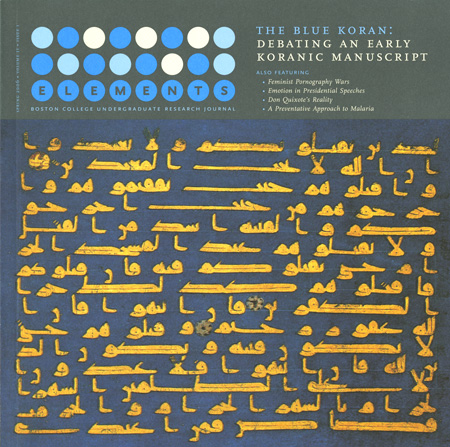Antioxidants and Gene Regulation: The Effects of Vitamins C and E on Estrogen Receptors
DOI:
https://doi.org/10.6017/eurj.v2i1.8970Keywords:
Spring 2006, natural science, biologyAbstract
Research shows that estrogen binding to its receptor plays a role in breast cancer development and that antioxidants possibly mitigate this effect. Past research examined whether various treatments lead to accelerated cell division, but characterization and comparison of the effects of different treatments on gene level expression of the receptor was not accomplished. Initially, the effect of antioxidants on the estrogen receptor expression was investigated, revealing the presence of Vitamins C and E on nitric oxide release (a possible cancer reduction agent) stimulated by estrogen acting on the surface estrogen receptor of breast cancer cells was observed. Generally, Vitamin E was most effective for improving nitric oxide release.Downloads
Published
2006-04-15
How to Cite
Ho Nam, J. (2006). Antioxidants and Gene Regulation: The Effects of Vitamins C and E on Estrogen Receptors. Elements, 2(1). https://doi.org/10.6017/eurj.v2i1.8970
Issue
Section
Articles
License
Copyright (c) 2015 Elements

This work is licensed under a Creative Commons Attribution 4.0 International License.

